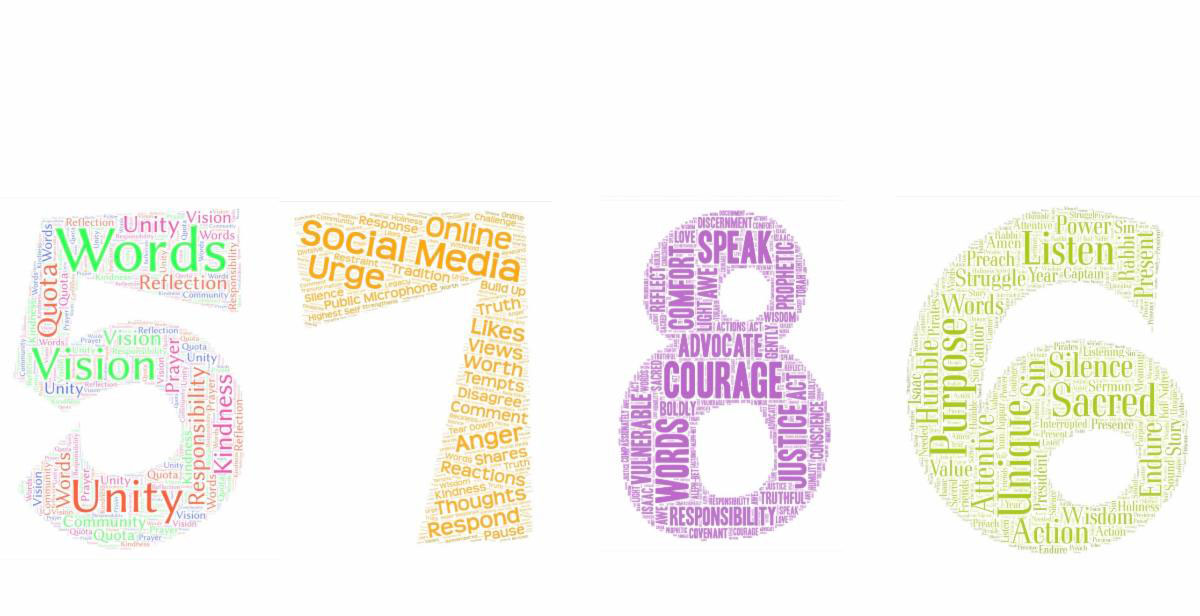Christianity has an image problem, and Christians ought to pay earnest attention to it, rather than dismissing it as the product of media bias. That’s the message of a new book that should be of interest to Jews, because it shows the kind of questions that Christians have started asking themselves — questions that we Jews don’t seem to be asking ourselves. Yet we, too, have an image problem.
The book is “unChristian: What a New Generation Really Thinks About Christianity … and Why It Matters,” by David Kinnaman (Baker Books, 2007). President of the Barna Group, a Christian polling organization, Kinnaman produces data that show how young, religiously uncommitted gentiles view evangelical Christianity.
A conservative Christian leader I admire, Chuck Colson, recommended the book to his radio listeners, commenting: “Let’s be honest. Sometimes we do come across as judgmental, anti-homosexual and excessively politicized.”
Colson thinks it’s worth being frank and self-critical because he sees a bigger picture. Christians sabotage their efforts to reach out to the unaffiliated if simultaneously they are contributing to a negative public picture of their own faith.
Jewish groups take polls to precisely determine how much mindless bigotry against us there is at the idiot fringes of the culture. While the exercise is conducted with all the gravity and attention to precise measurement that you’d associate with having your blood pressure gauged at the doctor’s office, there’s little to learn from it. A population of 300 million will inevitably cast up its share of crazies.
I’m not aware of any source of data comparable to Kinnaman’s book that asks what normal people think about Judaism. I can only surmise, based on many conversations with Jews and Christians. If such data were available, I bet it would reveal, along with many small interesting points, one big point.
While Colson worries that attitudes toward his faith get in the way of a key aspect of Christianity’s big picture — namely, evangelizing — the most worrisome fact that would come out of polling information about us is that people associate Judaism with no big picture whatsoever.
By “big picture,” I mean the answers to basic questions: What did God have in mind in making Jews? What purpose does the world itself have in God’s plan? What meaning is there in a Jew’s life or in the life of any human being? How does Judaism fit into that meaning?
Unlike evangelical Christians, Jews don’t see it as our mission to move others to become Jewish. But having a big picture matters, because all committed Jews care about inspiring our children, along with lost and unaffiliated Jews, non-Jewish spouses married to Jews and, indeed, ourselves.
Though inspiring the rest of the world is no longer widely seen as the overriding purpose of Jewish existence, that was in fact long accepted as being the whole picture itself. Just read the classic Torah commentary of Rabbi Samson Raphael Hirsch, the 19th century German Orthodox leader.
He writes about how God established the “Abrahamitic nation” to “save” mankind, which was then “sunk in materialism” — and still is. By materialism, Hirsch didn’t mean consumerism but the conception of reality as purely of physical stuff, physical processes. He meant the ideological outlook that gave us modern secularism, and which, as its chief effect, undermines belief in moral free will.
If asked what Judaism’s “big picture” is, neither most non-Jews, nor most Jews — Reform, Conservative or Orthodox — could give an answer worthy of being taken seriously. Substantiating the claim is as easy as doing a quick Google news search on phrases like “Reform Judaism,” “Conservative rabbi,” “Orthodox Jews” and so on.
You’ll find many things in the countless media references to Judaism’s main denominations, but one thing you won’t find is a discernible pattern in the carpet. Here we have Reform Judaism reconsidering its longstanding rejection of the Sabbath, now praising Shabbat as a lifestyle enhancement in a stressful world. Here we have Conservative synagogues fretting about how to make intermarried couples feel welcome without seeming to approve of rampant intermarriage itself. Here we have the Orthodox Union bewailing the Israeli prime minister’s willingness to divide Jerusalem.
Ultimately, what is at stake in Sabbath observance, Jewish marriage and a united Jerusalem? Anything beyond pragmatic, pedestrian considerations of the passing moment? From the public statements of the relevant organizations, it’s far from clear.
Is there anything timeless here? Anything cosmic? Anything that confronts us with the invisible, immaterial reality of God that once preoccupied the Jewish people?
Last year, the Modern Orthodox community on the East Coast was gnashing its teeth over a New York Times Magazine article by an ex-Orthodox Jew who married a gentile woman and went on to become a Harvard Law School professor. Noah Feldman had attended a premier Orthodox day school, Maimonides, and wrote of his disenchantment.
I’m Orthodox, too, but I don’t blame Feldman. Judaism certainly has answers to the big questions about ultimate cosmic meaning, but those answers — whether found in Jewish mysticism or in the moral philosophy of a rabbi like Hirsch — are not much talked about in Modern Orthodoxy, which places more emphasis on fundamental matters like: Can you observe Shabbat and kashrut and still land the plum job teaching at Harvard Law? Answer: Yes. Baruch Hashem, yes.
Feldman stirred outrage because he seemed to call into doubt this foundational belief.
The Orthodox readers of his essay rightly worry about their kids at the Maimonides School and its analogs. Children, like adults, need deep answers to deep questions — and we do an inadequate job of supplying them.
David Klinghoffer, a senior fellow at the Discovery Institute, is the author of the forthcoming “How Would God Vote? Why the Bible Commands You to Be a Conservative” (Doubleday).

































